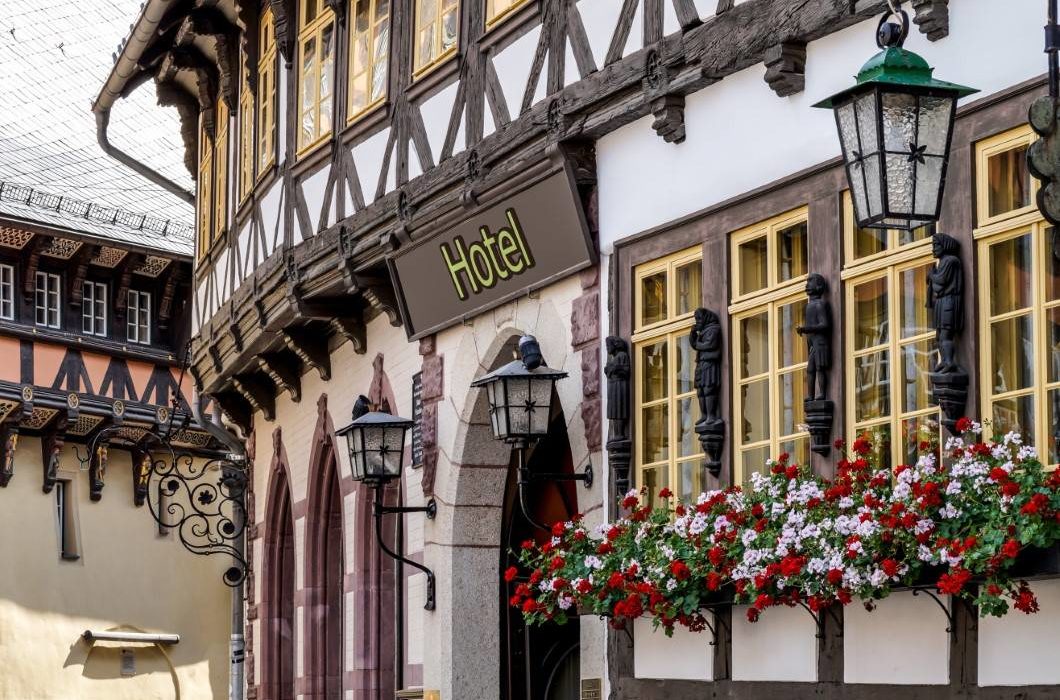
You might also like:
The prices of hotel rooms are on the rise. Hotel accommodation in Europe has become more expensive. A night in a European hotel last year cost an average of 100 euros plus VAT. This was 3.3% more than in the previous year, as announced by the Hotel Association Germany (IHA).
With a net price of 97 euros, guests in German hotels had a somewhat cheaper stay. But even here prices have risen compared to 2017: by around 2 euros or 2.2%. Breakfast prices are not included in the count.
Best price-performance ratio for Germany
Hotel prices also increased from 2016 to 2017: by 1.3% in Germany and 2.5% in the European hospitality industry as a whole. “In terms of the price-performance ratio, Germany is the leader in the world,” said the association’s chairman Otto Lindner.
In particular, last year one night in Berlin cost on average 97 euros, in Hamburg 99 euros while in Frankfurt 101 euros and in Munich even 112 euros. According to IHA, one night in Geneva cost 202 euros excluding VAT, 152 euros in London and Paris, 98 euros in Madrid and 71 euros in Warsaw.
According to the association, German hotels, guesthouses, and other accommodation facilities reached almost 298 million overnight stays, 3% more than in the previous year. Thus, in 2018 – measured by the number of overnight stays – a ninth consecutive year of growth was registered. Including apartments, youth hostels or private accommodation, the number of overnight stays reached 478 million. 88 million of this came from foreign tourists.
Brexit concerns amid necessary technological leap
The fourth most important source market for German hoteliers is Great Britain – after the Netherlands, Switzerland and the USA. The impending Brexit is stirring up the concerns about this key market. The biggest problems would not necessarily be a possible collapse of the pound or the British economy but the more complicated travel arrangements for British travelers.
Growing demand requires a larger supply. In the next three years, 776 hotels are to be newly built, rebuilt or expanded in Germany. “In these projects, we are talking about a volume of 20 billion euros,” Lindner said.
Another big topic for the hospitality industry is that of 4G expansion, which has been overdue for four, five years. According to Lindner, many guests have three Internet-enabled devices with them: smartphone, tablet, and laptop.
The mobile phone, for example, needs more data when it updates apps in the background. A laptop also needs a lot of data when it streams films from the internet, “which then causes complete chaos,” says Lindner. “We are investing a lot of money in the hotel industry in the WLAN expansion but honestly, if we do not have access, then you can do whatever you want at the hotel.”
Especially for guests from abroad, this is a cause of great misunderstanding. Therefore, the association calls on the government for faster and more broadband expansion. “We want it but we do not get it from the German state,” Lindner concluded.
Source: tourism-review.com



